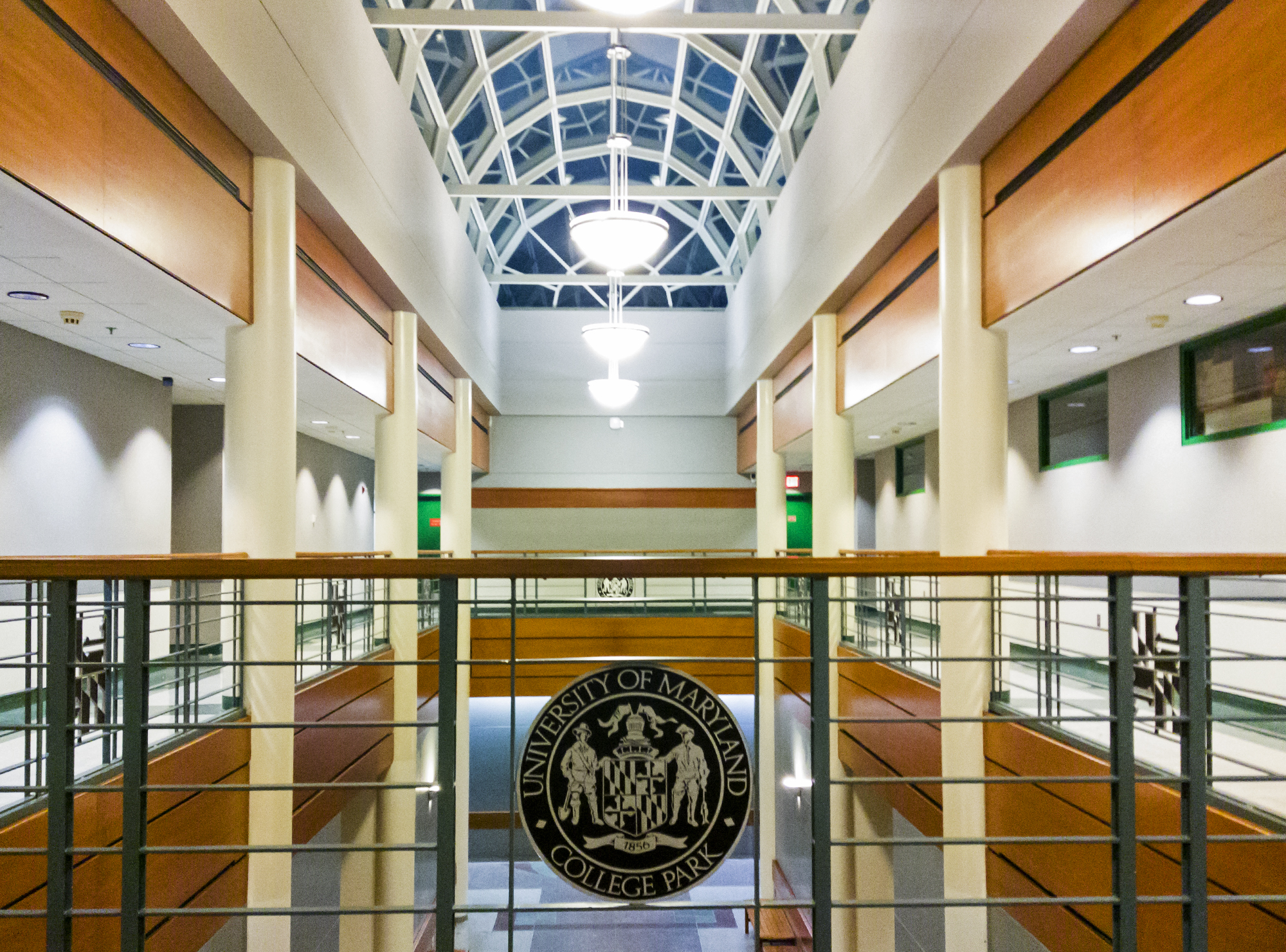The University Senate is moving forward a proposal for a Bachelor of Arts in public policy, which would make the University of Maryland the first institution in the area to offer such a program.
The public policy school currently focuses on its master’s program, though it offers some undergraduate opportunities through specific coursework and minors in public leadership and sustainability studies. However, many undergraduates also get experiential learning through the school’s Rawlings Undergraduate Leadership Fellows Program and Intelligence Center for Academic Excellence, a program designed to encourage students to pursue careers in national security.
This proposal would create an interdisciplinary program preparing students “for careers related to public service and policy-making in the public, private, and non-profit sectors.” It will have components of analysis and real world application, according to the proposal. The Senate Executive Committee sent the proposal forward after a positive recommendation on April 4 from the Programs, Curricula and Courses Committee, which is composed of university faculty and students, and it will be discussed on the senate floor on April 20.
“Being the first major university in the national capital region with this major will make us more competitive for the best and the brightest across the United States,” said Robert Orr, public policy school dean. “It plays to our geographic strength and our strength as a broad research university.”
Senior Corinne Paul, a government and politics major, said she would have taken advantage of such a program if she had the opportunity. She is part of a dual-degree program in which she is working toward her bachelor’s degree concurrently with a master’s in public policy.
“The government and politics program is so broad,” she said. “I came in wanting to do international relations and they didn’t have that, so right now I’m specializing in international development policy.”
Orr explained there is a lot of demand for an undergraduate major because of the breadth of public policy issues and the practicality of the degree, which would include many opportunities for experiential education, he said.
“There are a lot of people on-campus who have an interest in different substantive areas but are also interested in how to plug it into policy,” Orr said. “Students in today’s tough job market want to know what they’re going to do when they get out; this major will help directly address that given that we do a lot of the courses in the field.”
As an undergraduate, Paul said she felt a little intimidated taking classes with master’s students at first, but then she became accustomed to it.
“When everyone did introductions, everyone had five, 10 years of all this business experience or in Taiwan or working with NGOs,” she said. “But everyone’s really nice. … Academically, I feel prepared.”
PCC Committee Chairman Andrew Harris also said this proposal is important because it has the potential to greatly affect the campus. This committee reviewed the legislation April 1 and recommended a continuation of review to the SEC.
“That affects a lot of students, that affects departments that are doing things close to them, that affects the actual department. … The PCC is really looking at whether these things make sense or not,” Harris said.
The public policy realm is expanding and gaining relevancy, Orr said, which makes this a great time for such a program that allows students to go many directions with it.
“You can now do public policy from the private sector, from the national government, from the local and state government, from nonprofits and philanthropies,” he said. “It’s this multistakeholder reality of governance today that this major is focused on.”



